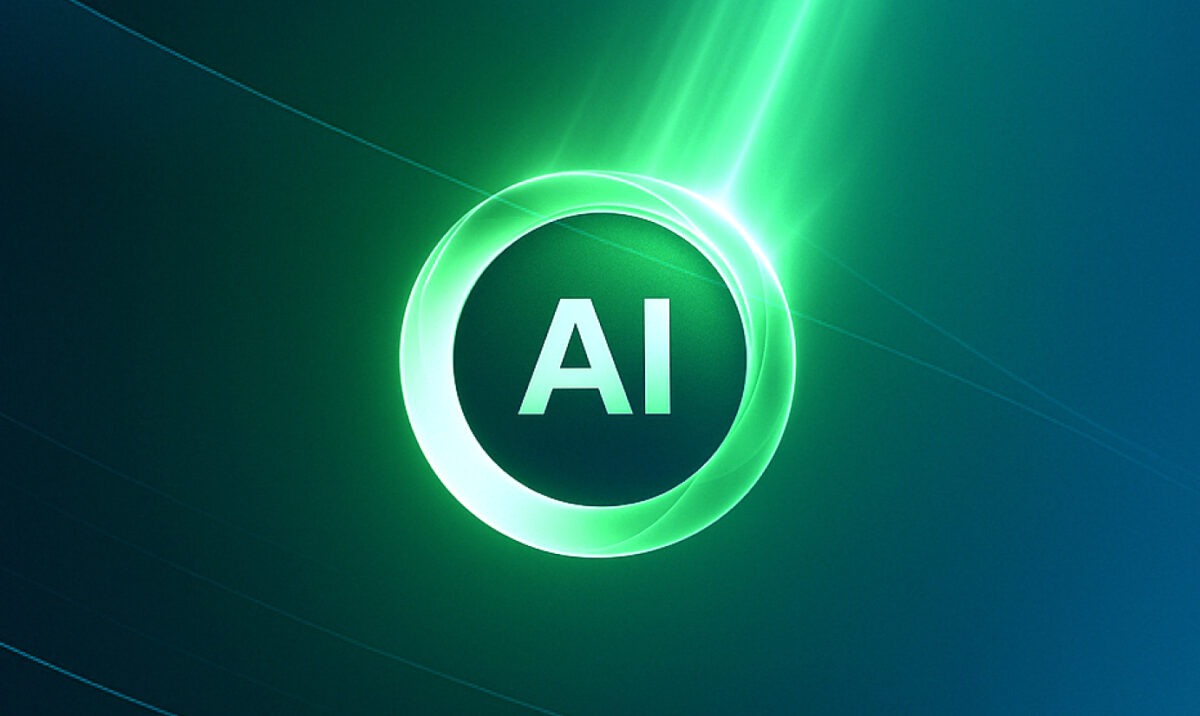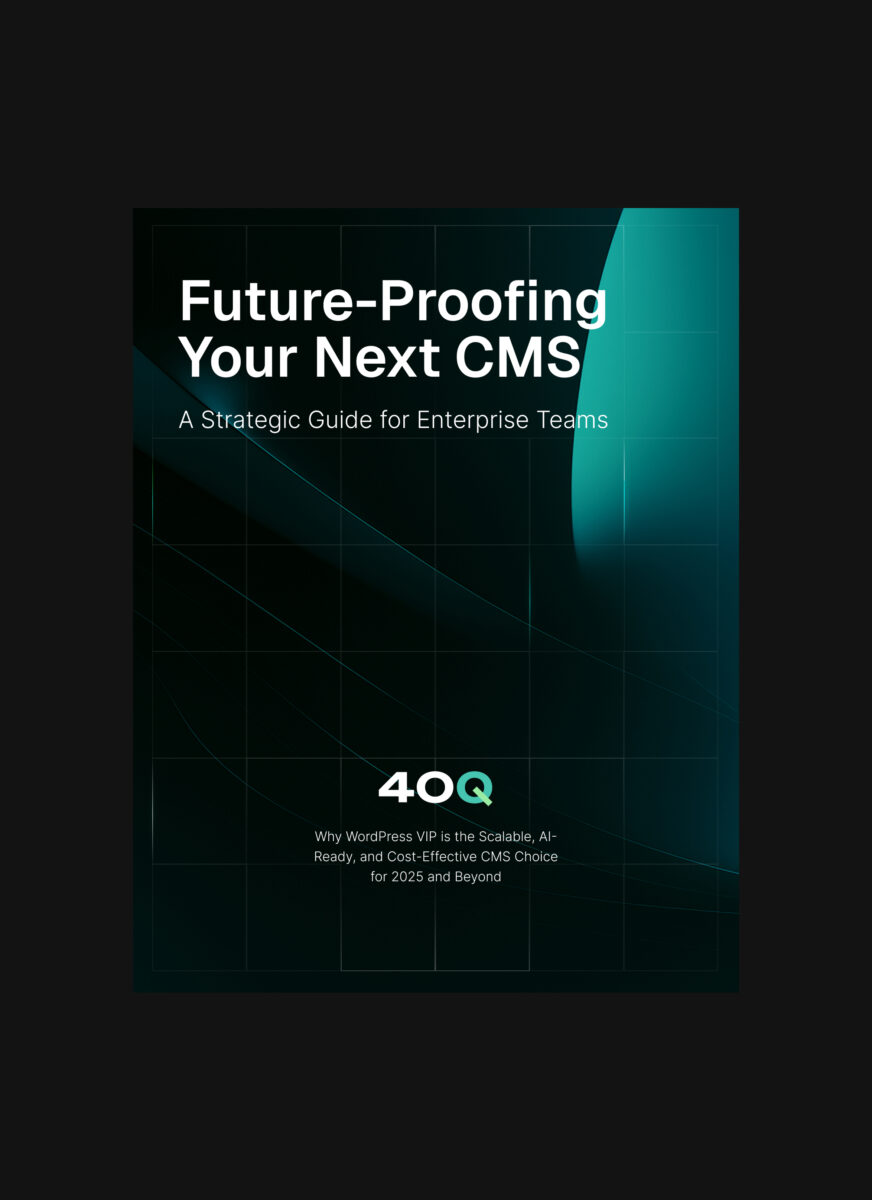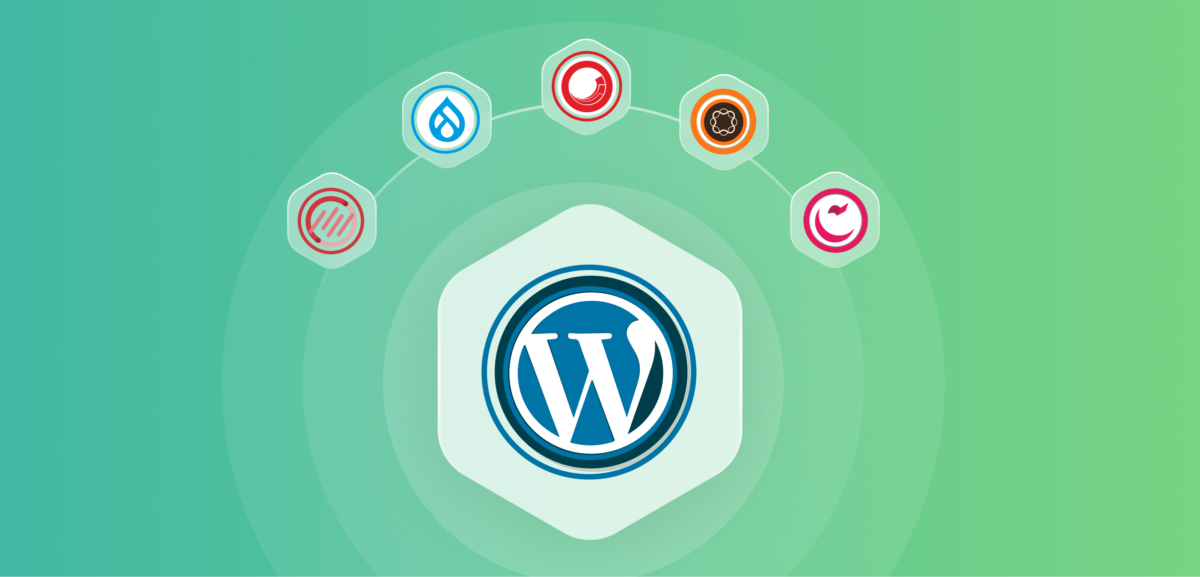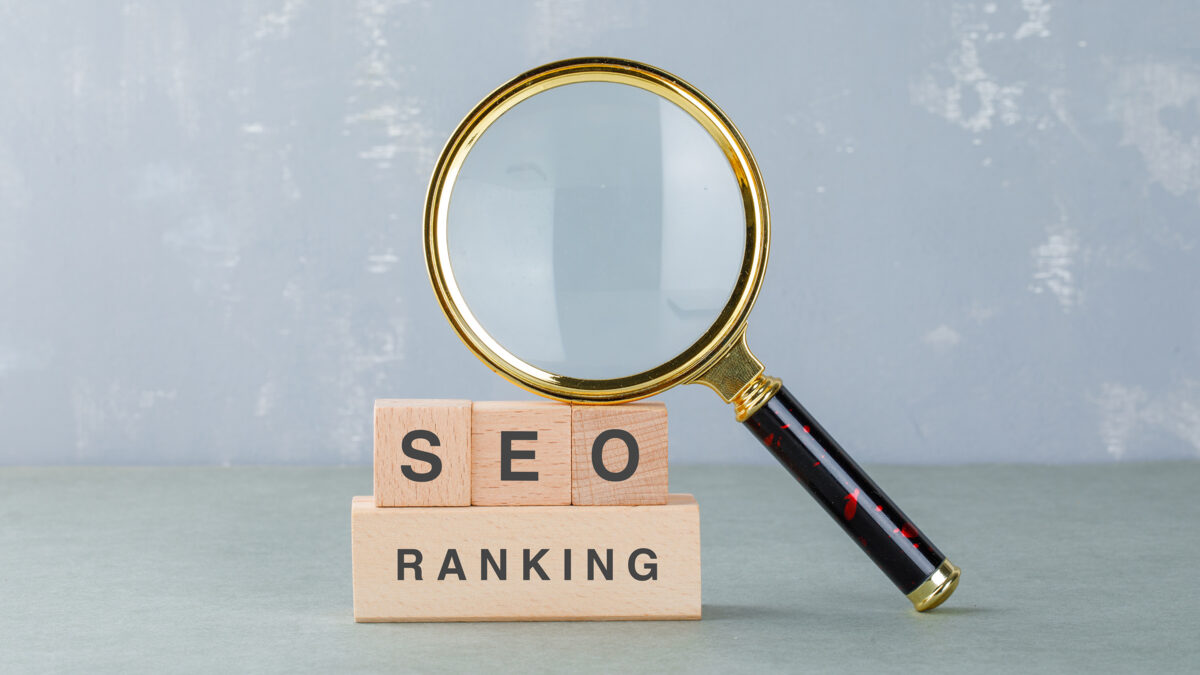How Enterprise Content Teams Are Adopting AI Tools in 2025
Eddie Wise

In 2025, artificial intelligence (AI) is no longer a novelty in enterprise content operations—it’s a necessity. Faced with increasing content demands, tighter budgets, and the pressure to personalize experiences at scale, forward-thinking content teams are embracing AI to enhance every stage of their workflow.
In this blog, we break down how enterprise teams are adopting AI tools—from content planning to publishing—and why platforms like WordPress VIP are making that transformation seamless.
Why AI in Content Isn’t Optional Anymore
The digital content lifecycle is more complex than ever. Enterprises must now manage:
- Dozens (or hundreds) of microsites
- Global campaigns with localized messaging
- Omnichannel delivery across web, app, and mobile
- Compliance and accessibility standards
Manually managing this ecosystem is no longer viable. AI enables content teams to do more with less, improving both efficiency and impact.
Key Use Cases for AI in Content Operations
AI is touching every part of the content stack. Here’s how:
Content Creation Assistance
- AI-generated headlines, summaries, and metadata
- NLP tools that tailor tone and readability
- Automated image generation for blog posts and landing pages
Workflow Automation
- Auto-tagging and categorization at scale
- Smart scheduling based on engagement patterns
- Trigger-based publishing workflows (e.g., update when product status changes)
Performance Optimization
- AI-driven content insights via platforms like Parse.ly
- Predictive analytics to inform content planning
- Automated A/B testing support
Personalization Engines
- AI-based segmentation for serving content to different audiences
- Real-time user behavior tracking for content adaptation
Platforms like WordPress VIP integrate all of this within a single ecosystem—without third-party add-ons or complex licensing models.
The Shift Toward Integrated AI vs. Bolt-On AI
Many legacy CMS platforms offer AI—but only as add-ons, separate licenses, or external services. For example:
- AEM relies heavily on Adobe Sensei, which requires deep configuration and integration
- Sitecore’s AI capabilities vary wildly depending on the product version
This fragmentation increases cost and complexity.
By contrast, WordPress VIP includes native AI features that can be added into the editorial experience:
- Content suggestions
- AI-generated assets
- Parse.ly-powered performance dashboards
- Auto-tagging and smart publishing
Collaboration Between Humans and Machines
AI doesn’t replace human creativity—it amplifies it. Enterprise teams are learning to:
- Use AI as a creative collaborator, not a replacement
- Set editorial guardrails and tone of voice prompts
- Let AI handle repetitive work (tagging, formatting, scheduling) so humans focus on storytelling and strategy
This collaboration model is what makes AI adoption successful—not just technologically, but culturally.
Challenges and Best Practices
AI tools are powerful, but implementation still requires a plan.
Challenges include:
- Team training and process alignment
- Maintaining content authenticity
- Avoiding over-reliance on automation
- Ensuring accessibility and compliance
Best practices for adoption:
- Start with small use cases (e.g., automated summaries)
- Centralize oversight in your CMS
- Align content KPIs with AI-generated insights
- Choose a CMS with built-in support, like WordPress VIP
AI Is the New Normal
By 2025, enterprise content teams are no longer asking if they should use AI—they’re focused on how best to integrate it. The competitive advantage goes to those who:
- Automate intelligently
- Personalize strategically
- Move faster without sacrificing quality
WordPress VIP enables all of this—while keeping your editorial and development teams fully in sync.
Future-Proofing Your Next CMS
Want a full breakdown of how WordPress VIP compares to AEM and Sitecore?



